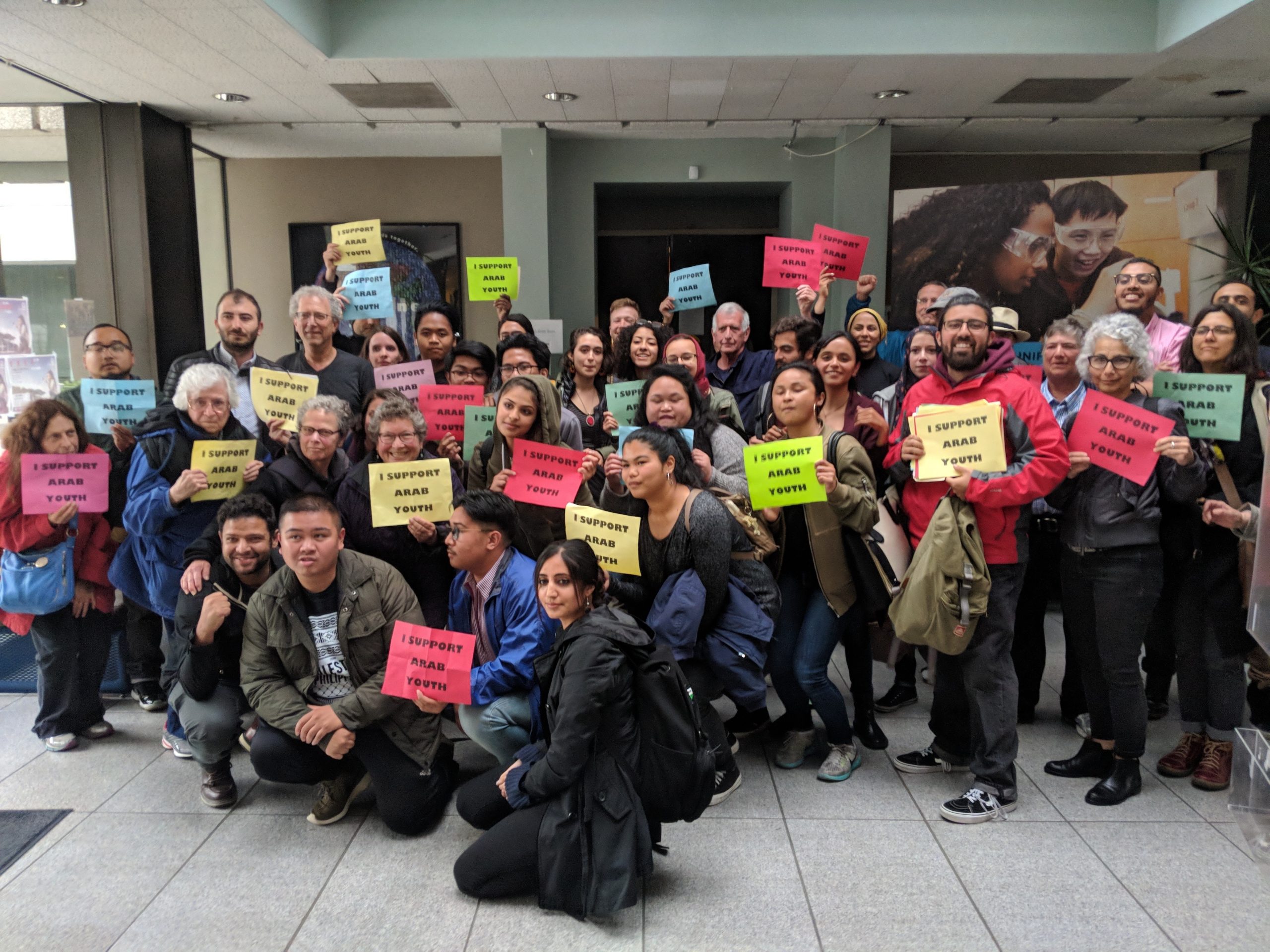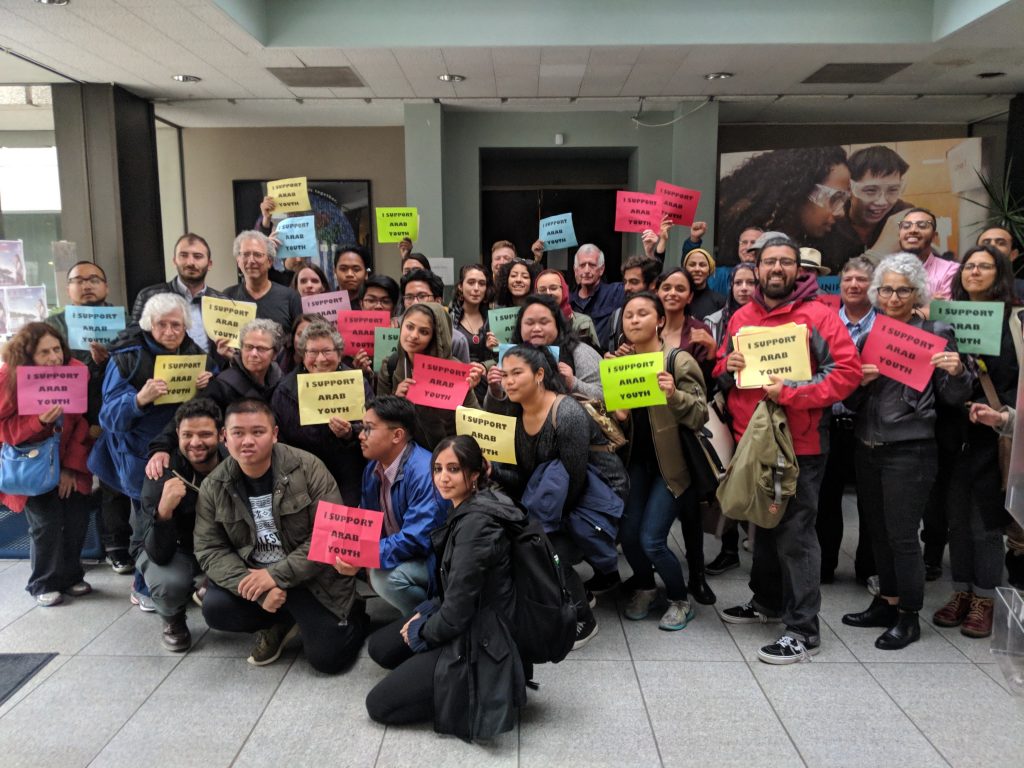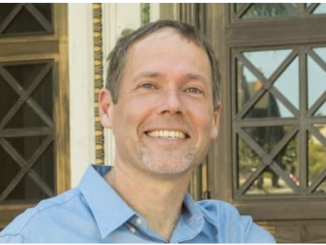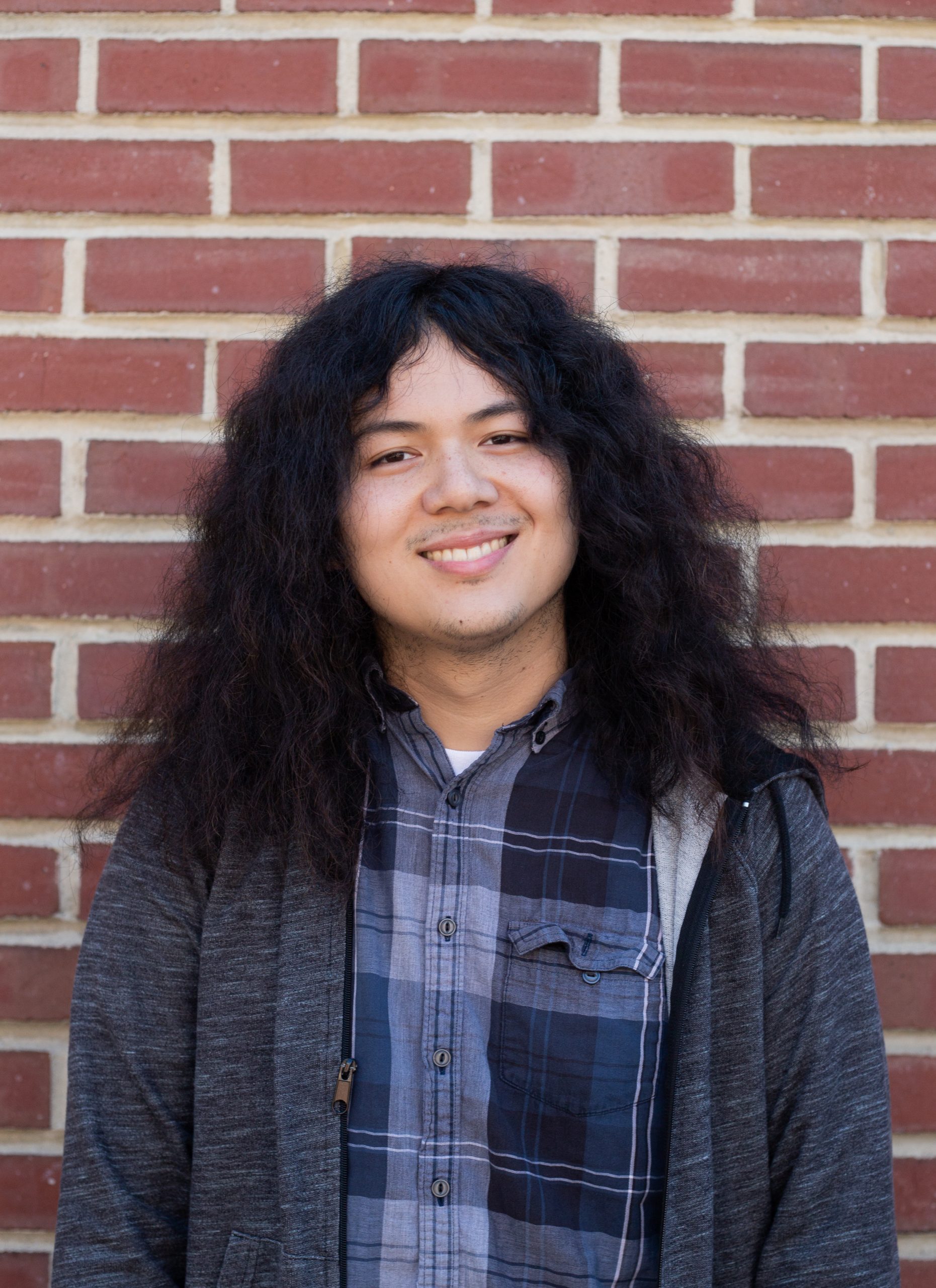

Update: On Nov. 6, State Superintendent of Public Instruction, Tony Thurmond, announced new revisions to the CA Ethnic Studies Model Curriculum. Arab American Studies has been moved into the appendix, which concerns many educators, including MECA’s Teach Palestine Project. The revisions also propose defining criticism of Israel’s policies and actions with regard to Palestinians as anti-Semitic, which is viewed by many as a very controversial and dangerous action as it will lead to the silencing of the right to free speech. Public comments are due to the state by Friday, November 13. Send comments to ethnicstudies@cde.ca.gov.
In a quick turn of events, after deleting all references to Arab American Studies and Pacific Islander Studies in the CA Ethnic Studies Model Curriculum (ESMC), the state is likely to reinstate both in the next revised version of the curriculum.
State Superintendent of Public Instruction Tony Thurmond specifically expressed support of Arab American studies at a meeting on August 13. “There is an acknowledgment that Arab American studies is part of ethnic studies,” he said at the meeting of the Instructional Quality Commission (IQC) devoted to discussion of the ESMC, according to the Arab Resource Organizing Project (AROC).
Ethnic Studies is the interdisciplinary study of race, ethnicity, and gender through the eyes of underrepresented/marginalized groups, such as Native Americans, African Americans, and Latinx, and it focuses on social justice.
In the late 1960s, Black students and their allies at San Francisco State University (SFSU) organized around the need for the university to have a less Eurocentric curriculum and more students and faculty of color. After a student-led strike that lasted almost five months, SFSU established a College of Ethnic Studies. Around the same time, U.C. Berkeley students and their allies organized and went on strike, which led to the establishment in 1969 of the Department of Ethnic Studies at Berkeley. Since then, many other universities and colleges have also established programs and colleges of Ethnic Studies.
Many educators laud the ESMC as it offers students from marginalized groups an opportunity to see themselves and their racial/ethnic/social/gender histories, experiences, and cultures at the center of some school learning (i.e., “relevant education”), which is often the first time this happens for many students. There is evidence that when students of color take an ethnic studies course, their school performance improves (e.g., higher attendance rates, higher GPA, and more credits earned).
The revised ESMC was developed in response to thousands of public comments submitted in 2019 by pro-Israel people and organizations that criticized the original curriculum because it included the Nakba/Catastrophe, when thousands of Palestinians were driven from their lands or killed in 1948, when Israel was created. This original draft curriculum was what the Oakland USD Board of Education adopted at their May 27, 2020 meeting, despite opposition from pro-Israel groups and individuals.
However, there is no guarantee that the revised curriculum will include Arab American Studies or current issues in Arab American communities, including a study of Palestine. As the Coalition to Save Arab American Studies’ statement makes clear, many supporters of the original draft curriculum believe that it is essential to include a study of Palestine in any course focused on Arab Americans.
“You cannot talk about Arab American struggles against racism and colonialism without talking about settler colonialism in the Arab region,” Lara Kiswani, Oakland resident and Executive Director of AROC, said. “And in the impact it’s had on our diaspora, on people like me who come from Palestinian refugee families.” Kiswani is also an Ethnic Studies instructor and one of the organizers for the Coalition to Save Arab American Studies.
A major criticism of the most recent draft ESMC is that it was revised in a way that eliminated key principles and values underpinning the discipline of Ethnic Studies, such as the centering of inquiry and analysis on groups of people who have experienced oppression in the U.S. (e.g., Native Americans, Latinx, and African Americans); focusing on social justice; de-centering the viewing of History through a white lens; and respecting and honoring the languages, cultures, and stories of people of color.
“I want my students to connect their lived realities and histories to the historical and contemporary struggles of my people. This is how we learn to intersect our stories, empathize with other people’s oppression and most importantly, learn the importance of unity and solidarity,” wrote Theresa Montaño, a professor of Ethnic Studies and one of the experts who wrote the original draft ESMC.
Although Arab American Studies was eliminated from the revised ESMC, two of the 30+ sample high school courses that have been approved by the UC system and are included in the revised curriculum include references to Arab Americans, but these have been viewed as problematic.
“The few courses they included are totally out of touch and absolutely not grounded in Ethnic Studies pedagogy,” Kiswani said. “One example was about the difference between Shia and Sunni Muslims. I mean, that is so totally out of touch with the experience of Arab Americans and racialization. If it’s going to be Ethnic Studies, it needs to actually talk about the struggles of racialization, the social justice struggles and movements of Arab Americans.”
What Happened at the Recent Instructional Quality Commission (IQC) Public Meeting
Once the State Department of Education (SDE) revised the original ESMC, it went to the Instructional Quality Commission (IQC) for review and revisions. Because of COVID-19, the August 13, 2020 IQC meeting was held virtually. Shanine Coats, Director of the CDE’s Curriculum Frameworks and Instructional Resources Division, explained that anything that could be viewed as anti-Semitic had been removed from the revised curriculum, which was consistent with the language in a CDE News Release on July 31, 2020, stating “the CDE has recommended removing all language that can be perceived as anti-Semitic.”
Although Coats did not specify what exactly had been viewed or perceived as anti-Semitic and thus removed, supporters of Arab American Studies and Palestine clearly interpreted this to mean that anything that was critical of Israel’s policy and actions towards Palestine had been removed.
“What it says to me is that it’s clear to us that the coalition of pro-Israeli interest groups put pressure on decision makers,” Kiswani said. “And also smeared the entire curriculum as anti-Semitic simply for including curriculum on Palestine, on Arab American experience and struggles, and racism and white supremacy. So, ultimately, that is what the revisions were adhering to, with pressure from political interest groups who have absolutely no history or rootedness in the field of Ethnic Studies and do not have any scholarship or expertise in the topic.”
After Public Comments, the commissioners discussed the revised draft curriculum and made suggested revisions. Most of the commissioners expressed support for the original draft curriculum and appeared to be well versed in the goals and principles of Ethnic Studies. “Most of the people from the IQC seemed very committed to an Ethnic Studies Model Curriculum,” Kiswani said.
Commissioner José Iniguez shared his concerns over some of the terminology (called “jargon” by a few commissioners) and perspectives in the original draft curriculum (e.g., criticism of capitalism) and argued that the language used should be kept neutral and as straightforward as possible.
However, Commissioner Manuel Rustin countered Iniguez’ suggestion, arguing that the terms needed to remain as used in the original ESMC in order to be true to the intentions and principles of Ethnic Studies. Commissioner Yolanda Muñoz agreed with Rustin, adding that her 3rd grade students use Latinx instead of Latinos/Latinas, and suggested that the Glossary in the original ESMC, which was removed in the revised draft curriculum, should be brought back.
Assemblymember Shirley Weber commented that Ethnic Studies should not make people comfortable. “It shouldn’t be used as a barometer about whether people are happy,” Weber said. “If that’s the case, that’s not Ethnic Studies. This is a curriculum that does uplift students.”
What Now?
The ESMC will be revised again, although it is not clear who will make the revisions. “We have heard that there is a commitment to work with communities and experts and the original writers,” Kiswani said. “So, we are hoping that the process moving forward will be much more transparent and accountable. And that they will work with the original writers of the curriculum, as well as experts, practitioners in the field, and community stakeholders.”
Although the Coalition to Save Arab American Studies has claimed victory, they still have a lot of work ahead of them. “We’re going to continue to engage with CDE, to ensure that our community and our concerns are heard directly,” Kiswani said. “That they are working with the original writers. That the pedagogy and the values and principles of Ethnic Studies are interwoven and centered throughout the entire curriculum. So, our coalition is going to continue to work to ensure that what we see in September is, in fact, reflective of the work that we’ve done to make our voices heard and our concerns heard.”
In September, the public will be able to comment on the newly revised ESMC. For updates on the progress of the ESMC and calls to action, go to https://savearabamericanstudies.org.
A Brief History/Timeline of CA’s Ethnic Studies Model Curriculum
- 1968-69—Black students and their allies at SF State University successfully mobilized to establish a School of Ethnic Studies at the university—it was the first in the nation. This led to the establishment of Ethnic Studies programs at many other colleges and universities around the country.
- 1969—Students and their allies at U.C. Berkeley successfully organized to establish a Department of Ethnic Studies.
- 1969 onwards—Inspired by the implementation of Ethnic Studies in higher education, K-12 educators have advocated for Ethnic Studies courses in grades K-12; existing Ethnic Studies courses tend to be in grades 9-12.
- 2015—Oakland USD introduced an ethnic studies course requirement for graduation; it is offered to 9th grade students.
- 2016—California Education Code 1226.7 directed the Instructional Quality Commission to develop a Model Ethnic Studies Curriculum for the State Board of Education to adopt, modify, or revise by March 2021.
- Summer 2019—The ESMC, which was drafted by an Advisory Committee made up of expert Ethnic Studies scholars and teachers, was posted online for public feedback. It generated over 20,000 Public Comments, over 18,000 of which came from pro-Israel people and organizations who criticized the inclusion of Palestine.
- May 27, 2020—Oakland USD Board of Education approved the draft ESMC, as written.
- July 31, 2020—The SBE presented a revised ESMC to the public—it is unclear who made the revisions, but the original panel of experts was not involved. This curriculum removed Arab American Studies and Pacific Islander Studies and there was no mention of Palestine.
- August 13, 2020—At a virtual meeting, the IQC reviewed the revised curriculum and suggested revisions. Although not unanimous, most of the commissioners argued for the reinstatement of Arab American Studies and Pacific Islander Studies and for a return to the principles and vision of the original ESMC.
- August 2020—The ESMC will be revised again.
- September 2020—The public can submit Public Comments.
- November 2020—The IQC will consider revisions and submit the resulting ESMC to the SBE.
- March 2021—The SBE will take action on the proposed ESMC.
Katharine Davies Samway has lived in Oakland for over 35 years. She is a long-term educator — a teacher, a researcher, a teacher educator, a professor of education.




Be the first to comment